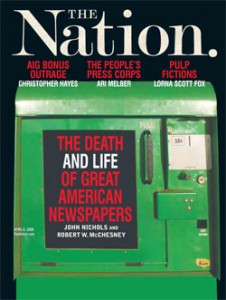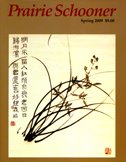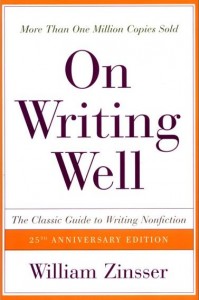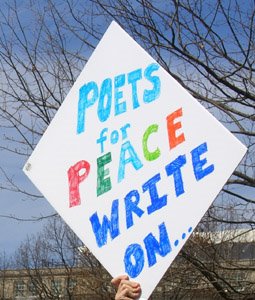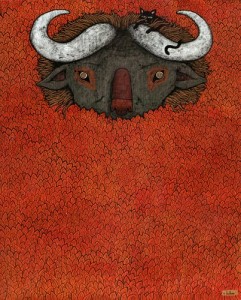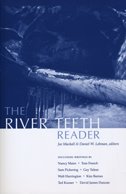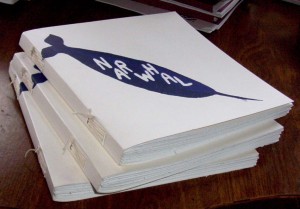From the MLA Office of Research. Probably not much you didn’t already know:
“Through 20 February, the English edition of the MLA Job Information List (JIL) has carried 322 (21.9%) fewer ads this year (2008–09) than last; the foreign language edition is down 270 ads (21.2%). On the basis of the number of jobs announced in the JIL through the April print issue, we project that this year’s totals will drop by 26.1%, to about 1,350 jobs, in the JIL’s English edition and by 27.4%, to about 1,220 jobs, in the foreign language edition. The declines follow a period when the number of jobs advertised in both English and foreign languages increased from fewer than 1,100 in the mid-1990s to 1,826 in English and 1,680 in foreign languages this past year, 2007–08. We are projecting an estimated 480 fewer jobs in English in 2008–09 than a year ago and 460 fewer in foreign languages. These declines mark the biggest one-year drops in the thirty-four-year history of the JIL, both numerically and in percentage terms. Even so, this year’s projected totals are still higher than the historic low numbers to date—1,075 jobs in English and 1,047 jobs in foreign languages—recorded in 1993–94.”
Having graduated with my MA in 1992, I can sympathize with the plight for many graduating into this low swing. I got my first, full-time teaching job in 1999 – yes, that’s seven years of pieced-together part-time teaching and working in jobs not at all related to my degree. So, no whining until you’ve got me beat on that.

